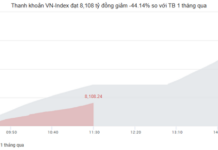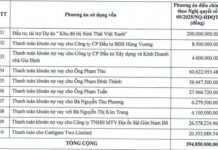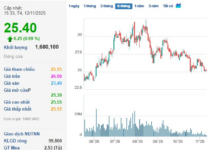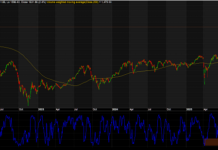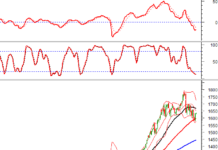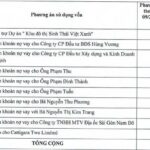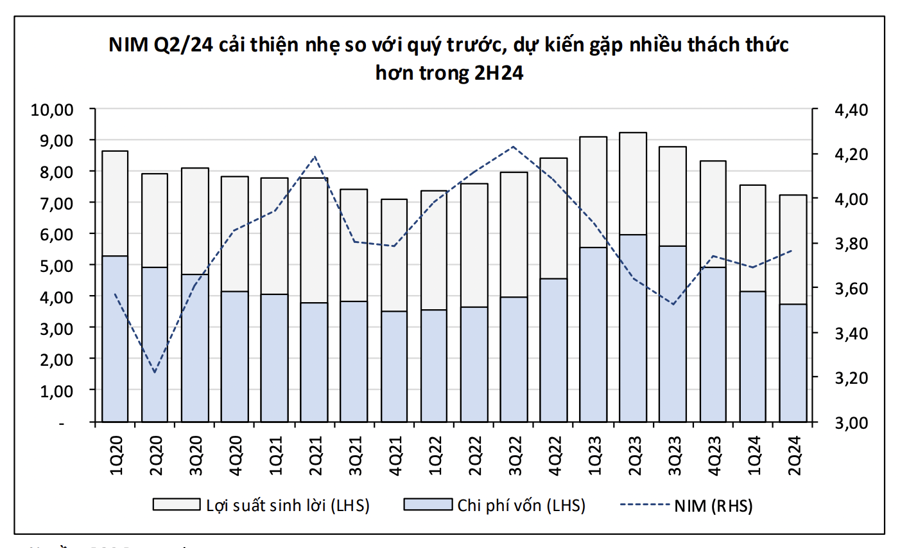As per the recently adjusted 2025 legislative program, the Government will submit to the National Assembly for consideration and approval the draft Law on Personal Income Tax (amended) at the 10th session held in October 2025.

The Ministry of Finance proposes 9 contents of amendments, supplements, and improvements in the draft Law on Personal Income Tax (replacement)
This draft law is currently being consulted by the Ministry of Finance for completion. In the draft, the Ministry of Finance proposes 6 contents of amendments and supplements and 3 contents of supplements on personal income tax.
For the 6 amended contents, the first is on taxable income and tax calculation for each type of income. Accordingly, the Ministry of Finance proposes to amend and complete regulations on tax calculation for each type of income, restructure and adjust the names of some articles to correspond to the amended content. Amend and perfect regulations on business income tax. Amend and perfect tax regulations on salary and wage income.
Amend and perfect regulations on taxable income and tax calculation for the transfer of capital, securities of individuals (including derivative securities). Amend and perfect regulations on taxable income and tax calculation for the transfer of real estate by individuals. Amend and perfect regulations to expand the scope of income from inheritance and gifts.
Second, regarding tax-exempt income: The drafting agency proposes to amend and supplement regulations on tax exemption for income paid by voluntary retirement funds and supplementary retirement insurance funds. Amend and perfect regulations on tax exemption for income after paying enterprise income tax of private enterprises and one-member limited liability companies owned by individuals. At the same time, amend and perfect regulations on tax exemption for individuals working in some specific international organizations.
Third, on personal income tax for business individuals: The Ministry of Finance proposes to review the taxable revenue threshold for business income to suit practical situations, ensuring unity with the regulations of value-added tax law and authorizing the Government to adjust this level. Along with that, amend and perfect the regulations on revenue determination to unify with related laws.
Fourth, on family dependents, deductions for charitable and humanitarian contributions, and other specific deductions: The drafting agency amends the direction of regulations on family dependents for taxpayers and dependents. Amend and perfect the scope of determination of charitable and humanitarian contributions.
Fifth, on the partial progressive tax rate applied to resident individuals with salary and wage income.
Sixth, on the tax period, tax deduction, the time of determination of taxable income, the responsibility of the organization, the individual paying income, and the responsibility of the taxpayer. The Ministry of Finance proposes to amend and perfect regulations on the tax period for business income; amend and perfect regulations on the time of determination of taxable income from real estate transfer; amend and perfect regulations on the responsibility of the organization, the individual paying income, and the responsibility of the taxpayer.
For the 3 supplementary contents in the draft Law on Personal Income Tax (replacement), including: Supplement provisions on other groups of income subject to personal income tax; supplement some provisions on personal income tax exemption and reduction; supplement other specific deductions.
A notable change in the draft Law on Personal Income Tax (replacement) is related to the structure of the partial progressive tax rate applied to resident individuals with salary and wage income. According to current regulations, the partial progressive tax rate table has 7 levels, with the starting point at level 1 with a tax rate of 5% for salary and wage income; the highest level is 35%.
In this amendment, the Ministry of Finance has studied and proposed 2 options, reducing the number of levels of the partial progressive tax rate table from 7 to 5. When reducing the number of levels, the tax rate changes between the levels, but the lowest remains at 5% and the highest is still 35%.
Talking to reporters about this issue, Prof. Dr. Hoang Van Cuong, Deputy of Hanoi National Assembly, said that in this construction of the Law on Personal Income Tax replacement, there needs to be a comprehensive approach, not just stopping at shortening the number of levels but also considering many other factors. The goal is for the tax table to truly reflect the tax payment capacity of the people, encouraging labor, especially attracting high-quality human resources.
According to Mr. Cuong, when building tax levels and tax rates for each level, it is necessary to consider comprehensively the level, fully calculating the costs to ensure the people’s living standards, thereby proposing suitable tax rates.
“An Unfair Tax: The 20% Levy on Property Gains from 20 Years Ago”
The properties purchased 20 years ago at very low original prices have now increased in value by up to tenfold due to inflation. Thus, imposing a 20% tax on the difference between the buying and selling prices is unreasonable and detrimental to the taxpayers.
“What’s Next for the Stock Market in August After Hitting a New Peak?”
The Vietnamese stock market, after a robust rally and hitting new highs in late July, is expected to remain promising in August, according to experts. However, investors should brace for more frequent bouts of volatility and turbulence.





